
Budgeting and Cost Control
Cost Estimation Techniques
Accurate cost estimation is the foundation of successful project budgeting. At Eleter Projects, we employ a variety of techniques to ensure precise estimates:
Analogous Estimating: We leverage our extensive experience in Sydney's construction industry to compare current projects with similar past projects, adjusting for differences in scope and complexity.
Parametric Estimating: For larger projects, we use statistical modeling to estimate costs based on specific project parameters, ensuring scalability and accuracy.
Bottom-up Estimating: We break down the project into smaller work packages, estimating costs for each component and rolling them up into a comprehensive project estimate.
Three-Point Estimating: To account for uncertainty, we use the PERT (Program Evaluation and Review Technique) method, considering optimistic, pessimistic, and most likely cost scenarios.
Expert Judgment: We consult with industry specialists to refine our estimates, especially for unique or complex project elements.
By combining these techniques, we provide our clients with reliable cost estimates that form the basis for robust project budgets.


Budget Development and Management
Developing and managing a project budget is a critical skill at Eleter Projects. Our approach includes:
1. Comprehensive Budget Creation: We develop detailed budgets that account for all project aspects, including labor, materials, equipment, and contingencies.
2. Cost Breakdown Structure (CBS): We organize costs into a hierarchical structure, aligning with the Work Breakdown Structure (WBS) for easy tracking and management.
3. Time-Phased Budgeting: We create S-curves to visualize how the budget will be utilized over time, allowing for better cash flow management and resource allocation.
4. Reserve Analysis: We include both contingency reserves for known risks and management reserves for unknown risks, ensuring the budget can accommodate uncertainties.
5. Stakeholder Review and Approval: We collaborate closely with clients and key stakeholders to review and approve the budget, ensuring alignment with project goals and constraints.
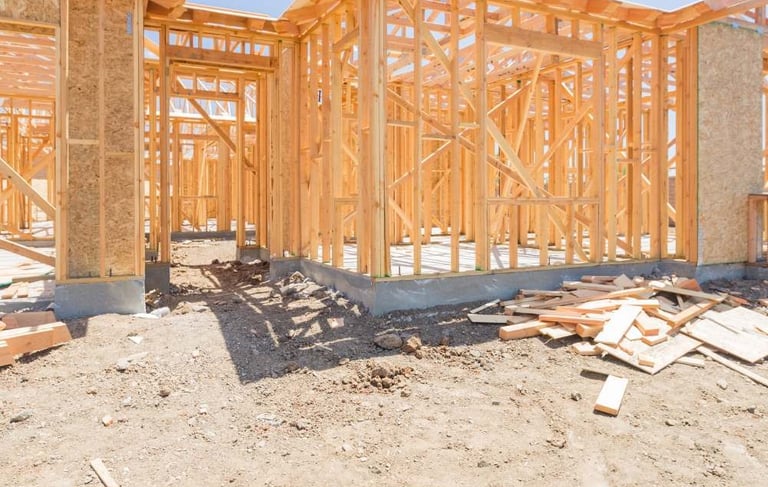

Value Engineering
Value engineering is a crucial process at Eleter Projects that optimizes the relationship between function and cost. Our approach includes:
Function Analysis: We identify the primary functions of each project element and assess their value relative to cost.
Alternative Solutions: We brainstorm and evaluate alternative designs or methods that could achieve the same function at a lower cost.
Life Cycle Cost Analysis: We consider not just initial costs, but also long-term operational and maintenance costs when making value engineering decisions.
Value Engineering Workshops: We conduct collaborative sessions with project teams and stakeholders to identify and implement value-enhancing opportunities.
Continuous Improvement: We apply lessons learned from previous projects to refine our value engineering processes continuously.
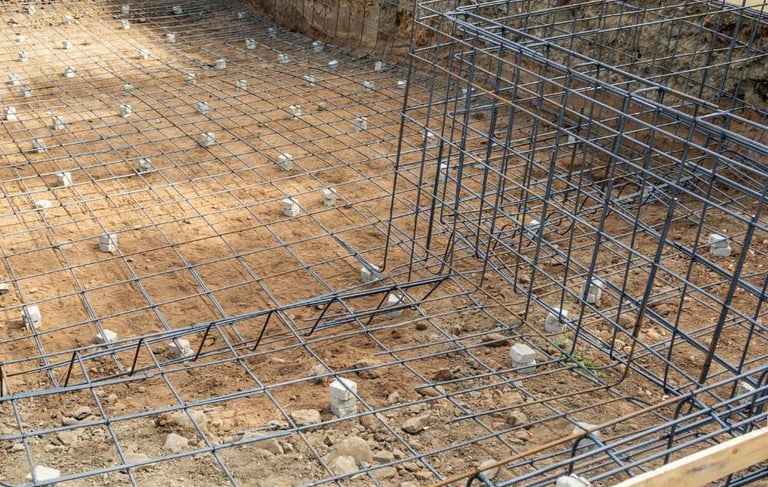

Cost Tracking and Reporting
Effective cost tracking and reporting are essential for maintaining budget control. At Eleter Projects, we:
Implement Robust Cost Management Systems: We use advanced project management software to track costs in real time, allowing for immediate identification of variances.
Earned Value Management (EVM): We apply EVM principles to measure project performance and progress, calculating key metrics such as Cost Performance Index (CPI) and Schedule Performance Index (SPI)
Regular Cost Reporting: We provide clients with detailed cost reports, typically on a weekly or monthly basis, highlighting actual costs versus budgeted costs and forecasting future expenses.
Variance Analysis: We conduct thorough analyses of any cost variances, identifying root causes and developing corrective actions.
Cash Flow Monitoring: We closely track cash flow to ensure the project remains financially viable throughout its life cycle.


Change Order Management
Change orders can significantly impact project budgets. At Eleter Projects, we have a structured approach to manage these effectively:
Clear Change Order Process: We establish a well-defined process for initiating, evaluating, and approving change orders.
Impact Assessment: For each proposed change, we conduct a comprehensive assessment of its impact on cost, schedule, and quality.
Detailed Documentation: We maintain meticulous records of all change orders, including their justification, cost implications, and approvals.
Integration with Budget: Approved change orders are immediately integrated into the project budget and schedule, with all relevant stakeholders notified.
Trend Analysis: We analyze change order trends to identify recurring issues and implement preventive measures for future projects.
By implementing these comprehensive budgeting and cost control strategies, Eleter Projects ensures that our client's projects are delivered within budget and with maximum value. Our commitment to financial transparency and efficiency has been a key factor in our success over the past 15 years in Sydney's competitive construction market.


161 Parramatta Rd Annandale NSW 2038
Call Us on: 0414 738 827





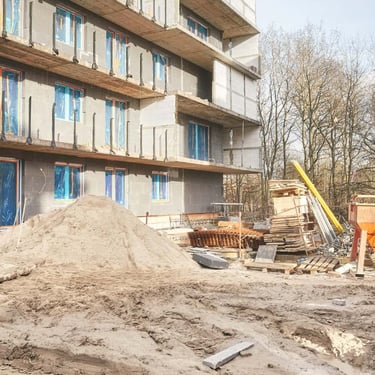



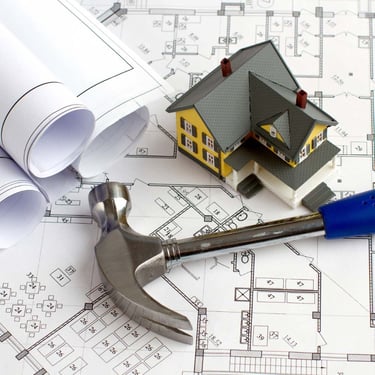

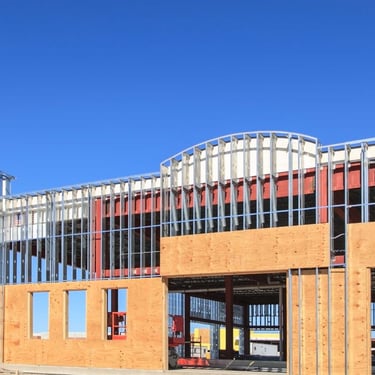


All Rights Reserved © Eleter Projects 2024
